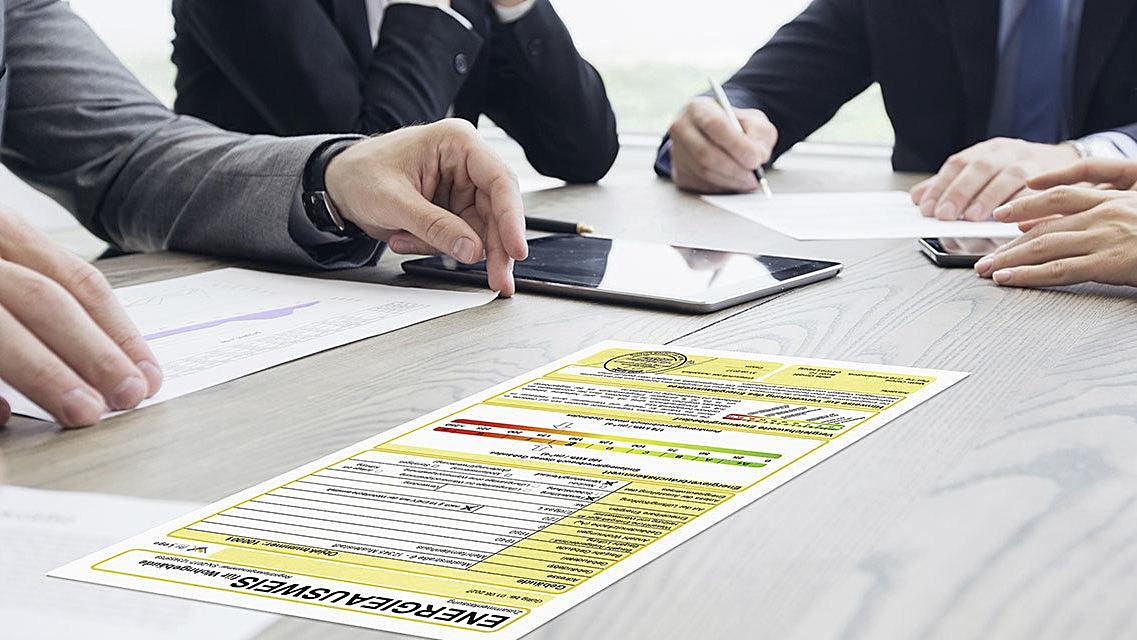Ohio Secretary of State, Frank LaRose, has taken action against around 600 noncitizens who were illegally registered to vote, leading to the evidence of 138 individuals casting ballots in elections.
In regards to this matter, LaRose stated in a press release that it is his office’s duty to ensure that noncitizens are not participating in elections.
When considering the numbers, it is notable that 148 noncitizen cases were referred in 2022, 117 cases in 2021, and 354 in 2019. Currently, there are over 8 million registered voters in Ohio.
LaRose emphasized that he is required by law to bring these individuals to the attention of the attorney general, which is precisely what is being done.
While civil rights organizations have criticized this effort as a form of voter suppression in the past, LaRose clarified that the ongoing initiative may lead to additional registrations being canceled before the upcoming presidential election in November.
The secretary of state has confirmed that the citizenship verification efforts carried out this year are the most extensive ever conducted by his office. The process includes cross-referencing records provided by the Ohio Bureau of Motor Vehicles, the Department of Homeland Security’s federal database of noncitizens, the Social Security Administration, federal jury pool data, and other reliable resources.
In order to effectively administer elections, LaRose has established a dedicated Public Integrity Division within the state Office of Data Analytics and Archives.
Leading up to the November presidential election, Republicans have initiated several lawsuits targeting various state election laws.
The Republican National Committee (RNC), which underwent a leadership change earlier this year, has specifically filed lawsuits pertaining to voter ID laws, mail ballots, and voter roll maintenance, among other significant issues.
As a result of the recent decision made by the justices, around 41,000 voters in Ohio, a crucial swing state, who used state registration forms and did not present proof of citizenship, such as a birth certificate or other valid documents, will be affected.
The decision to reinstate the citizenship rule was supported by Chief Justice John Roberts, as well as Justices Clarence Thomas, Samuel Alito, Neil Gorsuch, and Brett Kavanaugh. Conversely, Justices Sonia Sotomayor, Elena Kagan, Amy Coney Barrett, and Ketanji Brown Jackson voted against it.
Discover more from Tension News
Subscribe to get the latest posts sent to your email.

